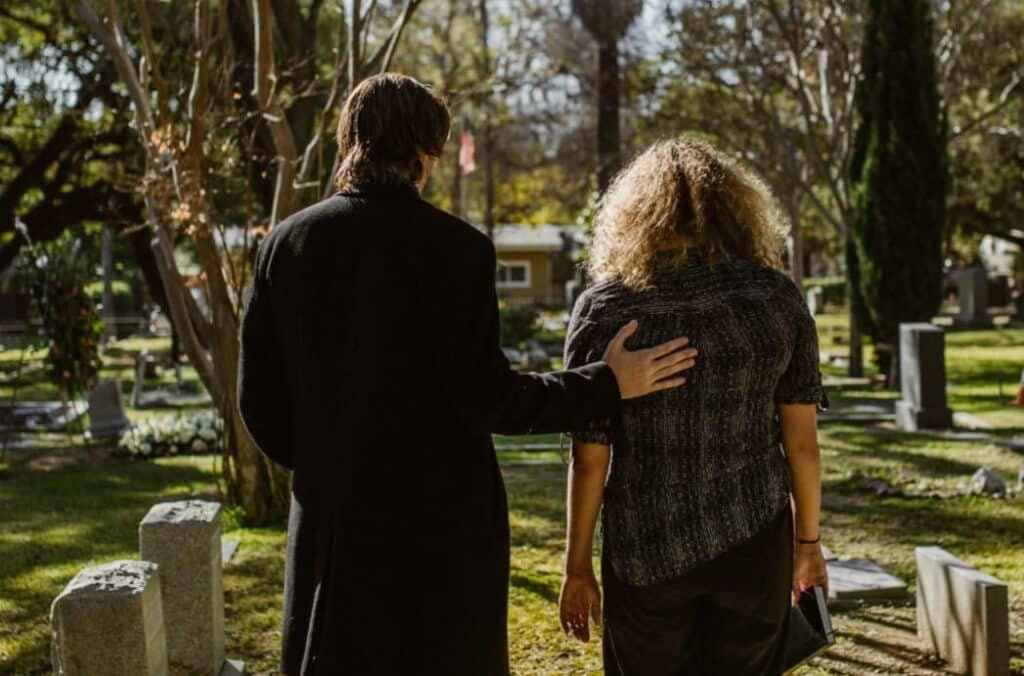What Funeral Directors Wish the Public Knew

Funeral directors spend a lot of time working in the background. As a result, the general public frequently has misconceptions about who they are and what they do. The cremation service in St. Louis, MO feels compelled to share the true story of funeral professionals. On their behalf, here are some facts about funeral professionals that the general public should be aware of.
The Workday of a Funeral Director May Have Started at Two O’clock in the Morning
Funeral professionals frequently wear multiple hats at work, which may include going out in the middle of the night to take a deceased individual out of a home and into the care of a funeral home. When this occurs, they frequently return to work right away. They must, however, continue to provide the services they had previously scheduled for later that day. Funeral directors are not uncommon to work marathon sessions or back-to-back shifts for days on end.
A Funeral Director Most Likely Does Not Earn as Much as You Believe
People frequently quote the average funeral cost. For some reason, the general public frequently believes that funeral directors profit almost entirely from this.
The reality is that funeral home owners must pay for the casket and other merchandise purchased by the family, as well as licensed and unlicensed professionals who must be available 24 hours a day, seven days a week, all while providing a clean and welcoming facility, among other things. Funeral service has a low-profit margin, and many funeral directors begin their careers with a salary comparable to that of a public school teacher.
A Funeral Director Is Not Allowed to Take Sides
Unfortunately, funeral arrangements cause family members to argue and disagree. These disagreements can be over minor details, such as the color of the flowers, or major issues, such as burial or cremation. Families frequently fail to recognize that funeral directors do not get to choose whom they listen to during an arrangement conference. Most states have laws governing who is the next of kin and who has the final say in these matters. No matter how strong your argument is, funeral directors must follow the guidance provided by the state.
A Funeral Director Believes That Planning Is Extremely Important
Because so many families may disagree, having a written plan in place ahead of time can be beneficial. Every funeral director has seen how a pre-planned funeral can reduce family conflict. If you want your survivors to get along and be more likely to support one another in their grief, have a written plan on file with your preferred funeral home. You might even think about collaborating with your funeral home to pay for the services in advance, relieving your loved ones of a potential financial burden when the time comes.
A Funeral Director Never Completely Get Used to Death
Funeral professionals are most likely to be seen working at a funeral or memorial service by the general public. This is their busiest time, and their efficiency and focus may give the impression that they are unaffected by the circumstances, but nothing could be further from the truth.
The deaths in their communities have an impact on funeral professionals, particularly the unexpected. It’s just that when the public sees them, they’re doing their job for the family. Each loss in their community is mourned by funeral professionals.
To learn more about the role of a funeral professional, please contact our experts at the cremation service in St. Louis, MO. Stop by or call us now to schedule an appointment.

